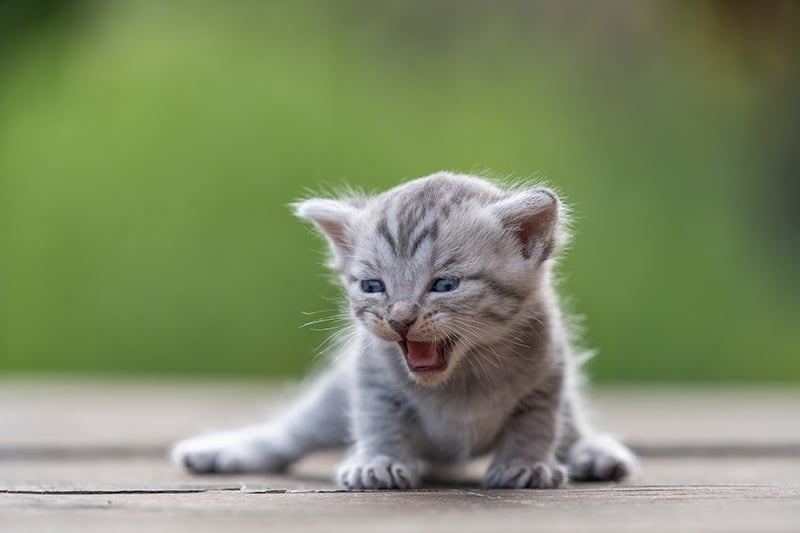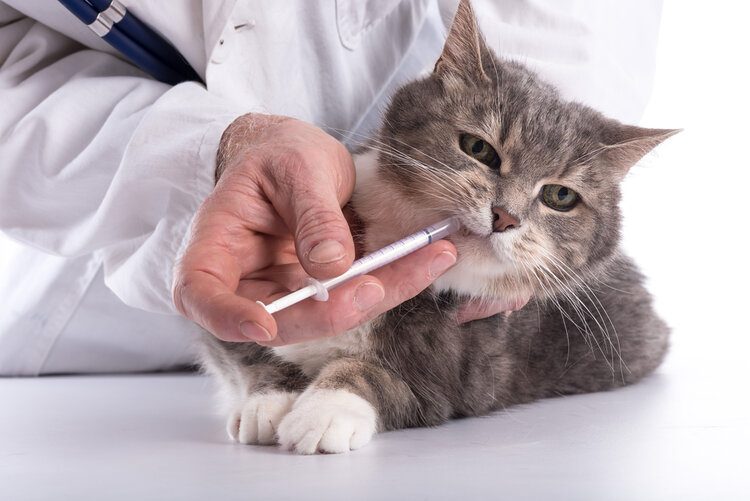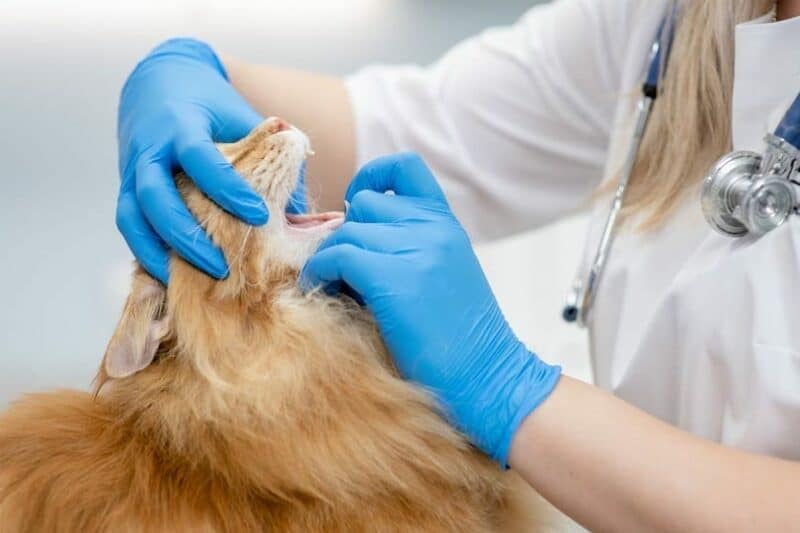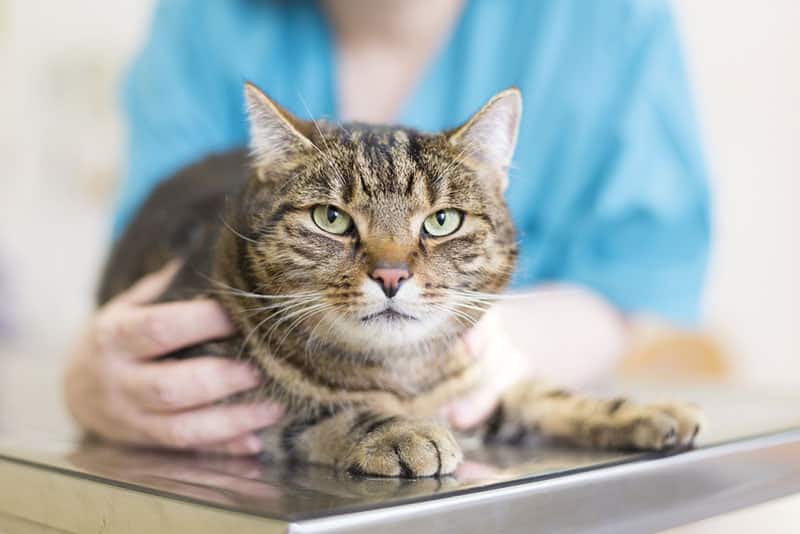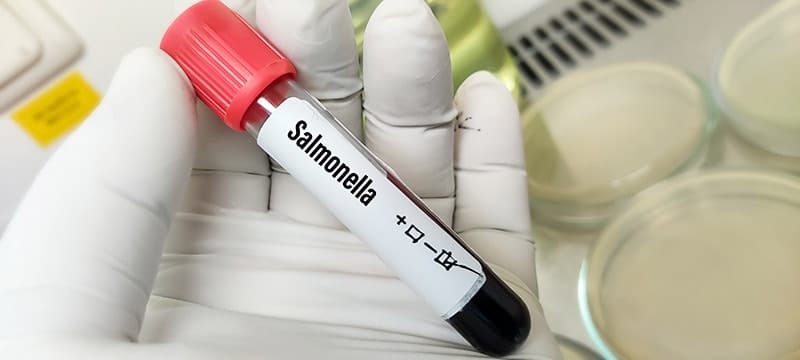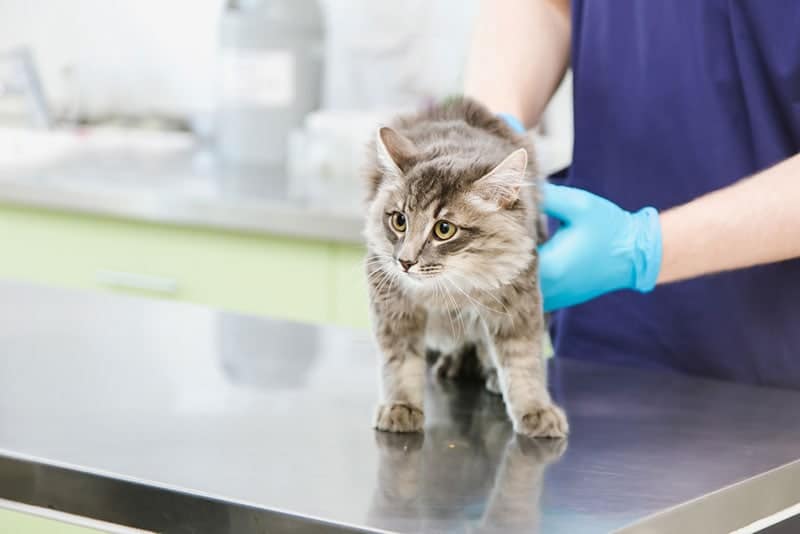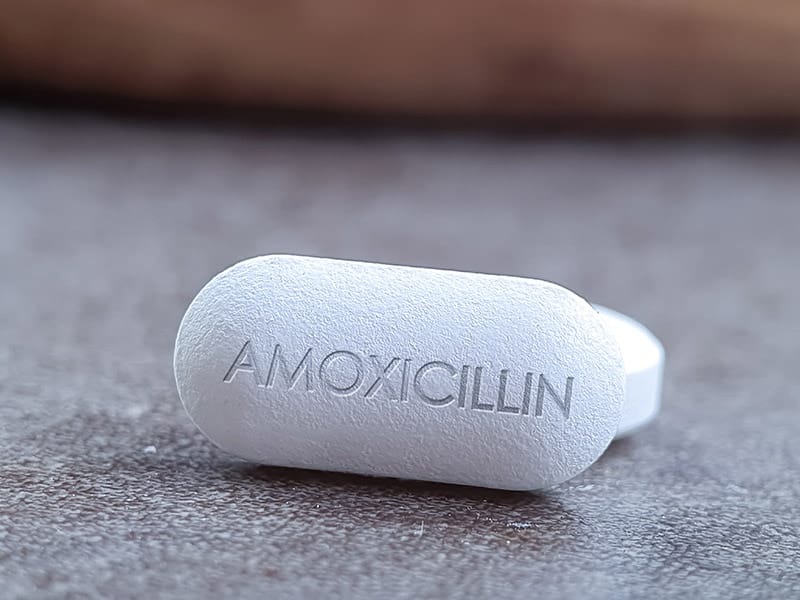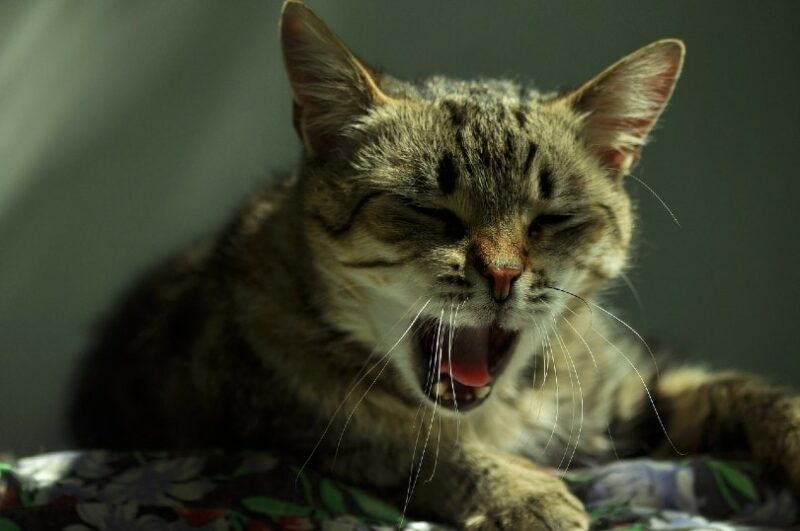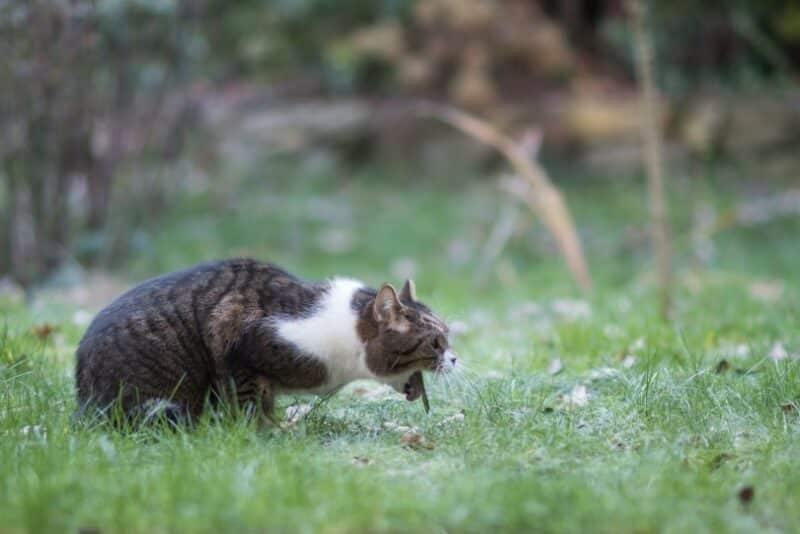Swimmer Syndrome in Cats: Our Vet Explains Causes, Signs & Treatments
Swimmer syndrome is a developmental abnormality that occurs in newborn kittens. The condition can be observed starting at the age of 15–20 days. This anomaly causes the hind legs (and sometimes the front legs) to move caudally and laterally, like a frog. Cats suffering from this condition look like they’re swimming. The exact cause of […]
Swimmer Syndrome in Cats: Our Vet Explains Causes, Signs & Treatments Read More »

